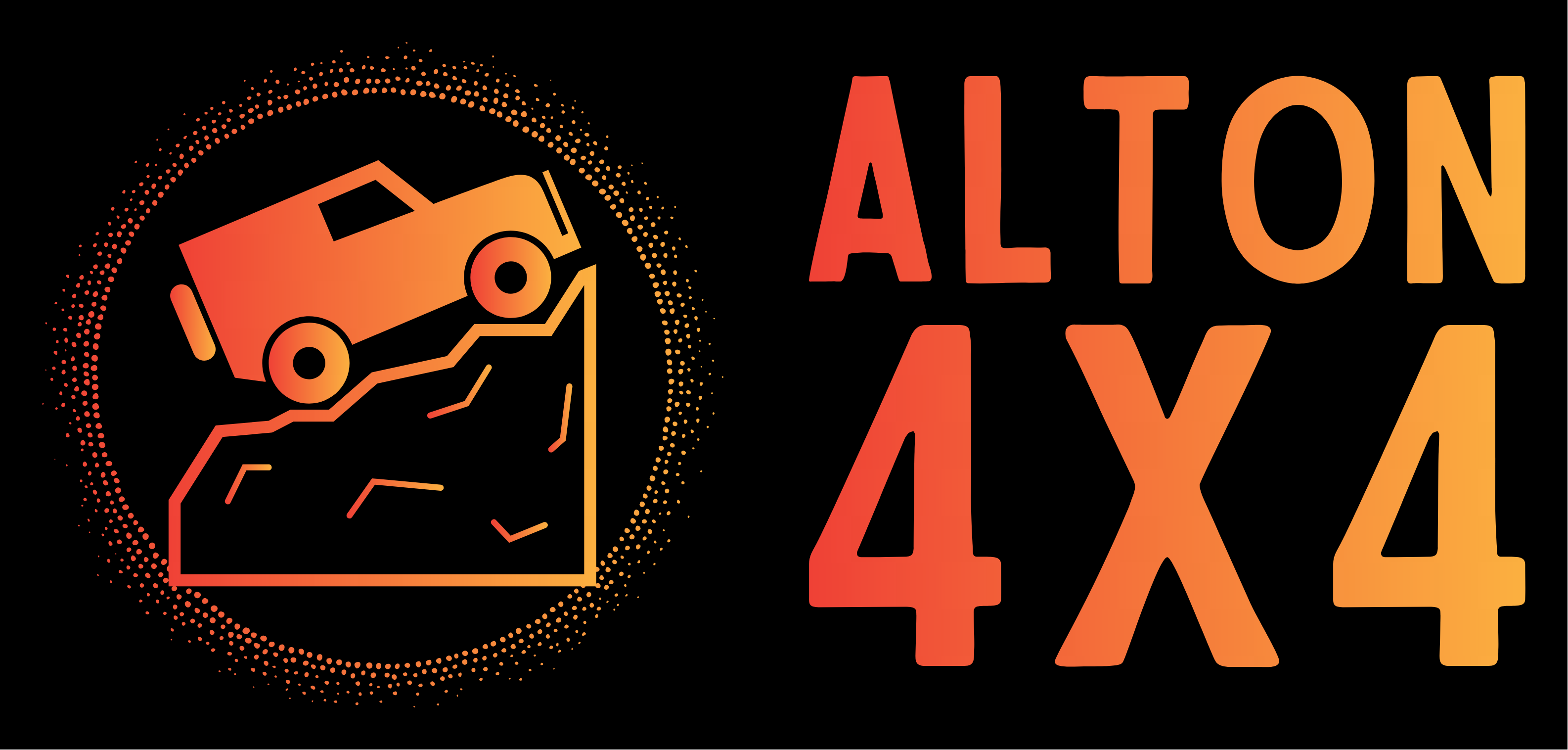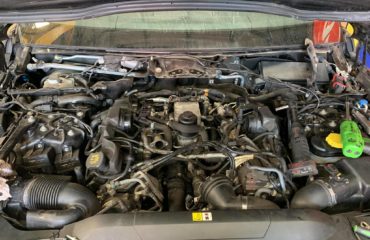This Discovery 3 was booked in for some major works. The front wheel bearings needed replacing, we also changed the timing belt kit and oil pumps, then carried out an auto gearbox mega flush.
What is a wheel bearing?
The wheel bearing is located in the wheel hub and is a crucial part of the wheel assembly. The hub assembly is located between the drive axle and the brake disc (drums), and incorporates the hub, wheel bearings, ABS wheel speed sensor, and mounting flange. Wheel bearings are a set of steel balls enclosed in a grease filled, waterproof sealed metal ring called a ‘race’. The race is located inside the hub which sits at the centre of each wheel. Your car’s wheels are mounted on a wheel hub, making it a critical component of your 4×4. The bearings enable the wheels of your vehicle to rotate smoothly with a minimum of friction.
Signs your wheel bearing needs replacing
Wheel bearings can be damaged when you hit curbs or potholes, but they can also wear down over time. Fortunately, there are some early warning signs that your wheel bearings need replacing:
- Humming noise from tyre or wheel – particularly at high speeds, or turning sharply.
- Squeaking or growling noise
- Steering not responsive or ‘loose’
- Steering wheel vibrates
- Wheels not turning/locking up
- Uneven tyre wear
- Vehicle pulls to one side
- ABS or traction control fault
What happens if you drive with a malfunctioning wheel bearing?
If you notice symptoms of a bad wheel bearing the best thing to do is take your 4×4 to a garage for diagnostics. It is rare for bearings to fail without first displaying symptoms – so if you experience any of the above issues it is advisable to avoid driving until the issue is resolved. If debris enters the bearings and the lubrication becomes contaminated friction will increase, and as a consequence so will heat. This can result in the bearings locking up. If you continue to drive your vehicle with faulty wheel bearings you risk the wheel sizing up while driving, which is highly dangerous.
Further damage can occur to your vehicle’s constant velocity joint (CV joint) or automatic transmission if you drive with bad wheel bearings. In addition, the drive axle, alignment and steering assembly of your 4×4 will be affected by malfunctioning bearings.
How often do wheel bearings need replacing?
Wheel bearings are designed to last the lifetime of your vehicle, however, the reality is that wheel bearings can require replacing if they become damaged or faulty. The average life of a sealed wheel bearing and hub assembly is approx. 75,000 to 100,000 miles – but the actual lifespan of a wheel bearing depends on the quality of the bearing, driving conditions and driving load. As a 4×4 driver, it is likely that your vehicle will experience some knocks and bumps on a frequent basis if you enjoy the full off-roading experience! If particles of mud, grit, salt, or sand penetrate the seal and come into contact with the grease covering the bearings it becomes contaminated and will wear the bearings down. It is therefore advisable to ensure you have good quality bearings fitted with a high-quality seal. Unfortunately, if you do hit a pothole or clip a curb this can damage the bearings or the seal and lead to failure requiring the bearing to be repaired or replaced.
When the whole assembly needs replacing it is advisable to get a professional garage to carry out the work. Replacing the assembly is a fiddly job, a number of parts must be first removed to gain access to the wheel bearing. Garages have the specialist equipment and tools to access the part and carry out the work, combined with years of experience and training.
Most modern wheel bearings are sealed to avoid any dirt, debris, or other contaminants getting into the bearings, and typically come as part of a larger wheel hub assembly package. Older wheel bearings that are not in a sealed unit need maintenance approximately every 25,000 to 30,000 miles, or during every brake service to ensure they are clean and well lubricated.
How much does it cost to replace wheel bearings?
The cost of replacing wheel bearings on your 4×4 can vary depending on the make and model. The location of the bearings can also affect the costs – on certain models, your garage may have to remove a greater number of parts to access the bearings which is time-intensive and will increase the price.
A front wheel bearing replacement will usually take much longer to replace than a rear wheel bearing and this too will impact the cost. If you drive with faulty wheel bearings you may also damage other components which will add to the repair costs.
If your 4×4 needs a wheel bearing replacement – or you need a mechanic to check out any issue, get in touch with Alton 4×4 on 01420 259015

